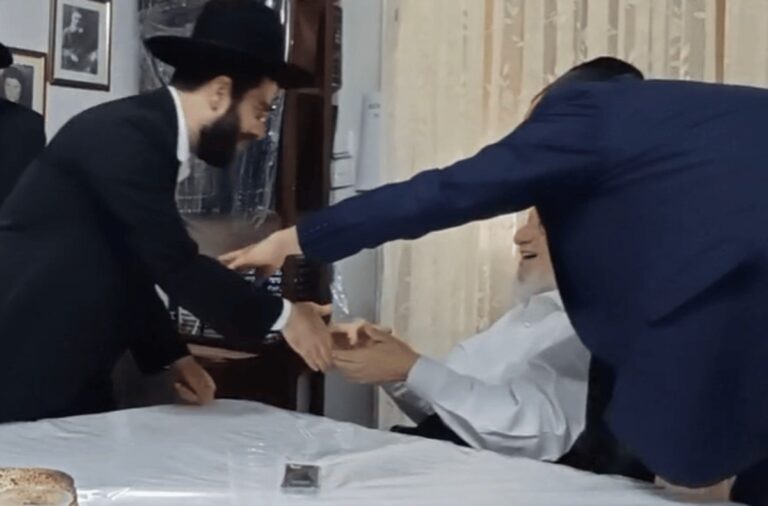 The Journal News reports: The village and developers of a proposed rabbinical college will be in federal court Wednesday to air their sides of a lawsuit charging discrimination against Hasidic Jews.
The Journal News reports: The village and developers of a proposed rabbinical college will be in federal court Wednesday to air their sides of a lawsuit charging discrimination against Hasidic Jews.
U.S. District Court Judge Kenneth Karas will hear both the village’s argument for why Congregation Rabbinical College of Tartikov’s lawsuit should be dismissed, and arguments by Tartikov’s lawyers for continuing the case.
This will be the first court appearance since Tartikov filed the lawsuit July 10, 2007, in federal court in White Plains.
In the interim, both sides have presented written arguments, but Judge Karas apparently wants to hear more from the parties, as well as to have an opportunity to question the attorneys.
Tartikov initially stunned the village of 3,000 people by informally proposing the development of housing for 1,000 or more students and their families on 130 acres off Routes 202 and 306.
Since then, Paul Savad, a Nanuet attorney representing Tartikov, has said that the intent was to build for only 250 students. He said the larger number represented a maximum build out for planning purposes.
Savad could not be reached Friday at his office or cell phone number.
Another Tartikov attorney, John Stepanovich of Virginia Beach, Va., said the lawsuit’s target was the village’s zoning.
He said Tartikov sought “a meaningful application process, and we believe it cannot occur without judicial intervention and supervision by the federal court.”
Village Attorney Doris Ulman said the village could not have discriminated against Tartikov because the organization has not filed an application for its project.
“We never denied anything,” Ulman said. “There isn’t one piece of paper in the village to indicate what they want to do.”
Tartikov asked the village in 2007 to grant it an exemption from village codes so it could submit construction plans without zone changes or variances from zoning laws.
That was rejected by the village, which saw giving an exemption to Tartikov and not to others as discrimination that violated the state and federal constitutions.
Wednesday’s court session will be the third one scheduled this year. A previous hearing was postponed at the request of Pomona’s lawyers, and Karas canceled another.
Tartikov’s plan for a 15-year rabbinical training program has been viewed by some village residents as a guise for housing.
Congregation Kahal Minchas Chinuch, which formed the Congregation Rabbinical College of Tartikov, was affiliated with another organization that proposed 750 housing units on Staten Island in the late 1990s.
That housing was to be for Hasidic residents of Brooklyn, but the project died amid concerns about overdevelopment.
Savad has said that the Pomona project was religious in nature, and it would not impact the surrounding community.
He said construction would be located at the center of the site and buffers would screen it from passersby.
In its lawsuit, Tartikov argues that the village previously delayed Yeshiva of Spring Valley’s plans on the same site with negotiations and regulations that made the construction impracticable.
Tartikov bought the property for $13 million from Yeshiva of Spring Valley in 2005.










